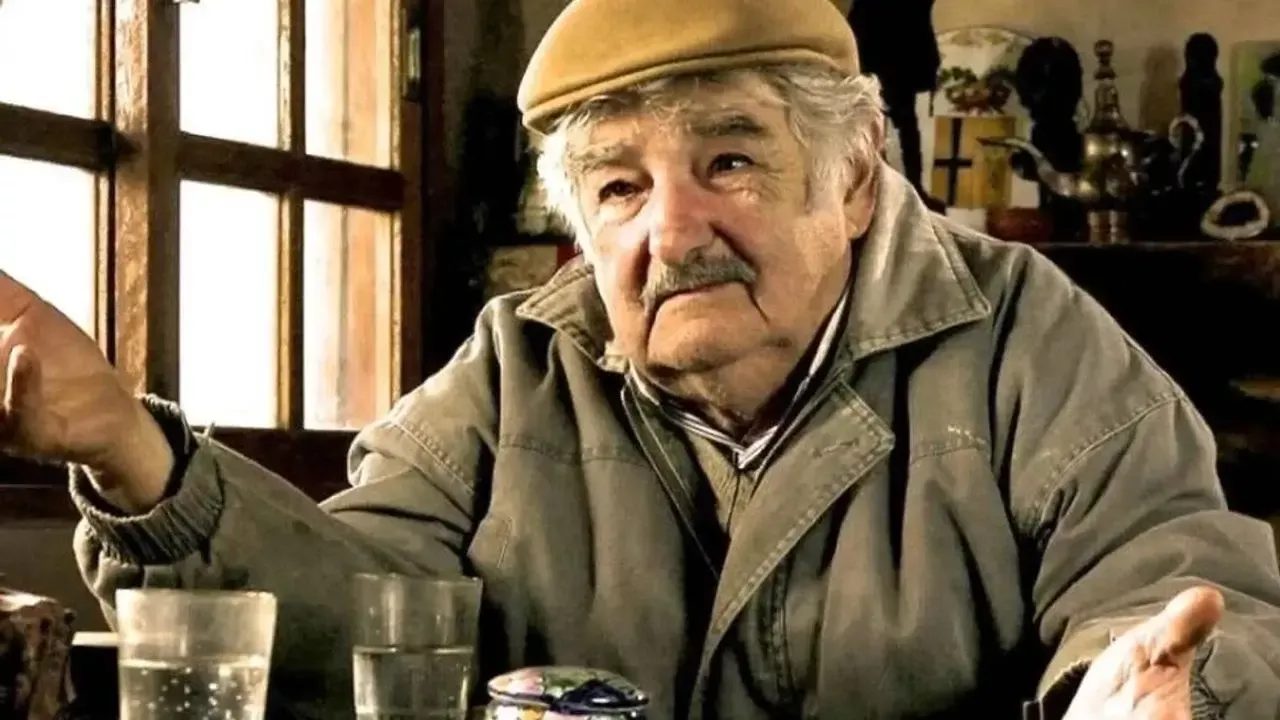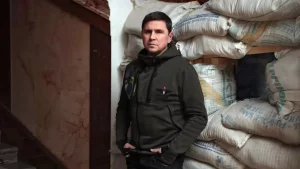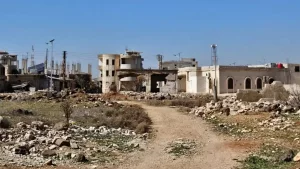
On May 13, a national mourning spirit prevailed in Uruguay – the country's former president, known worldwide as the "most humble leader," Jose Mujica passed away at the age of 89. Mujica would have turned 90 on May 20 this year.
Mujica was diagnosed with cancer in 2024. At that time, he openly shared information about his condition and announced that he would forgo treatment without any dramatization. At the beginning of 2025, he decided to stop therapy due to metastases. He expressed this publicly – as always, with clear and courageous words.
Until his last days, Jose Mujica lived in his small farmhouse, surrounded by animals. He never lived in the presidential palace, did not waste state funds for his official status, and mostly donated his presidential salary to those in need.
From prison to the leadership of the country
Jose Mujica's life is a real-life novel. He began his political career in the radical leftist "Tupamaros" movement. He actively fought against the military dictatorship. Due to his activities, he was arrested several times and even sentenced to life imprisonment. However, he went through this difficult path and started a new life after 14 years in prison.
After being released, he re-entered political life – first as a deputy, then as a senator and minister of agriculture. He won the election in 2009 and became the president of Uruguay.
The rich legacy of the "poor president"
During the five years Mujica led, Uruguay's economy developed steadily, the poverty rate significantly decreased, and major reforms were implemented in social justice and human rights issues. His activities were seen as a model for many politicians around the world.
After his presidential term ended, he returned to the Senate, but soon officially retired and voluntarily renounced the monthly payments he was entitled to from the state.
One of Mujica's last words was: "I am not rich, but I am happy. I have little, but my gratitude is great." With this statement, he taught millions of people a philosophy of life.






